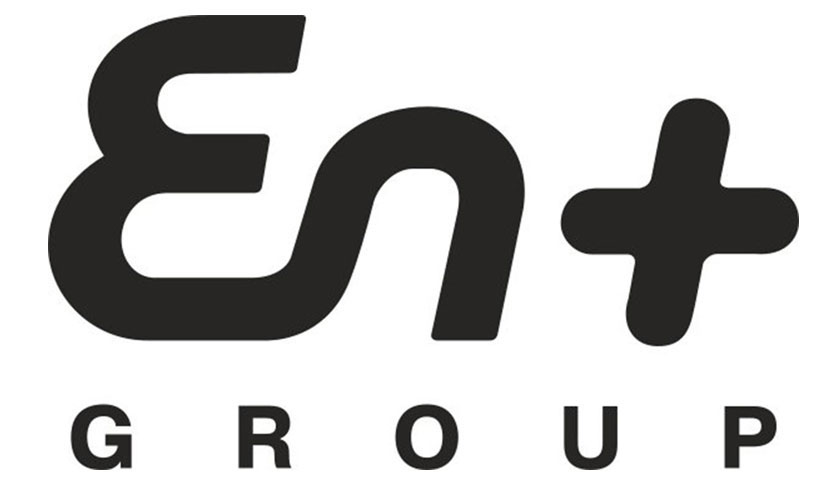En+ Group, a Russian leader in low-carbon aluminum production and renewable energy, reported on the results of the first year in achieving the Net Zero strategy goals. The presentation took place as part of a round table organized by the Climate Partnership of Russia.
In 2021, En+ Group was one of the first companies in Russia to set the goal of becoming carbon neutral by 2050. The company’s interim goal of reducing greenhouse gas emissions by at least 35% by 2030 was the most ambitious in the global aluminum industry at the time. Despite growing geopolitical pressure and external challenges related to disrupting supply chains, severing ties with international organizations, and limiting access to sources of green finance, the Group remains committed to its goals and follows the pathway presented a year ago.
Metals segment
Climate change projects have been an integral part of En+ Group’s activities long before 2021: for example, the Group’s metals segment, represented by RUSAL, set its first public climate goals back in 2007, as part of its “Strategy for a Safer Future”. RUSAL’s current strategic climate goals till 2025 were adopted in 2017. As per one of them, the metals segment pledged to purchase at least 95% of electricity for aluminum smelters from hydroelectric power plants and other sources of carbon-free energy generation by 2025. This goal was accomplished ahead of schedule – in 2021, the share of low-carbon electricity purchased for aluminum smelters exceeded 99% almost entirely due to hydro generation.
Another strategic goal of RUSAL is to reduce specific direct greenhouse gas emissions within the smelting processes by 15% by 2025 as compared to 2014. According to the results of 2021, this reduction amounted to 11.6%, which was largely achieved due to the consistent conversion of electrolysis facilities to the Eco-Soderberg technology.
Furthermore, RUSAL continues to improve its inert anode technology aiming at scaling up and makes limited shipments of aluminium produced with the use of this advanced decarbonisation technology. Inert anode technology enables the production of aluminium with the lowest carbon footprint. Greenhouse gas emissions are eliminated from the electrolysis process by replacing carbon anodes with inert anodes, resulting in the release of oxygen during aluminium production. At the moment, the pilot phase of aluminium electrolysis using inert anodes has achieved further improvements to the electrolysis technology. In the first half of 2022 alone, the industrial inert anode smelters in Krasnoyarsk produced over 3,700 tonnes of aluminium with the lowest carbon footprint in the world.
Decarbonisation projects are being implemented across all businesses in the metals segment. In the alumina business, work is carried out in a wide range of areas, from improving the thermal insulation and energy efficiency of equipment to the improvement of production processes. Russian alumina refineries have established and implemented energy efficiency plans to reduce greenhouse gas emissions. Aughinish Alumina (Ireland) is continuing a project to convert steam production from hydrocarbon fuel to electricity using renewable sources, which will further reduce the carbon footprint of alumina output. The Windalco alumina refinery (Jamaica) is undertaking projects to convert outdoor lighting to solar panels and upgrade the lighting systems in its production sites, warehouses and facilities.
One of the ways to reduce greenhouse gas emissions at alumina refineries is to capture them. A number of alumina refineries in Achinsk and a number of others are piloting the capture of CO2 using alkaline sub-slurry water, using different variants of wet gas scrubbing units. The implementation of such measures is primarily considered for the calcination conversion as well as for the CHP emissions. The CO2 absorption effect ranges from 1 to 10%.
The metals segment pays great attention on projects providing compensation for its emissions, which, for technical and economic reasons, cannot yet be eliminated. For example, 1.1 million trees have already been planted in the Krasnoyarsk region and the Irkutsk region, 505,000 hectares in the Krasnoyarsk region are under aerial forest protection, which allows the annual absorption of 440,000 tonnes of CO2, and new forest-climate projects related to efficient forest management are being considered. Based on the results of the forest projects, recommendations for the planning, implementation and evaluation of forest climate projects are formed, which are seen as effective natural solutions in line with the principles of responsible investment.
“Despite the current geopolitical situation, we will strive to continue pursuing our objectives. Their relevance is driven by our sales markets. Sales of aluminium with a low carbon footprint under the ALLOW brand grew by 44% last year and came close to 1 million tonnes. Thanks to the electricity generated by our hydro power plants, the carbon footprint of ALLOW products is less than 4 tonnes of CO2-eq per tonne of aluminium (including direct and indirect energy emissions), while the global average is around 12 tonnes”, said Irina Bakhtina, UC RUSAL’s Director for Sustainable Development.
